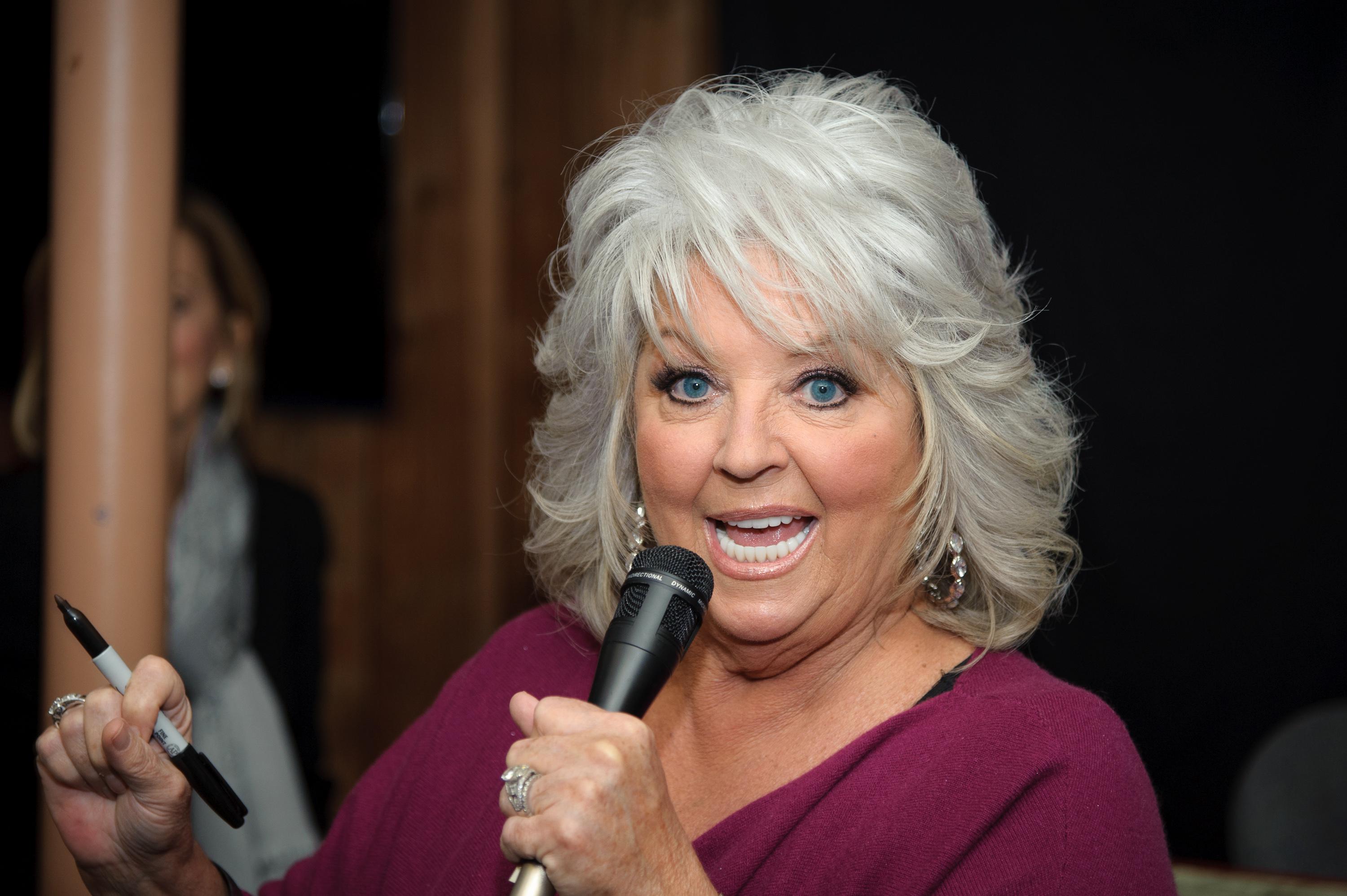Food blogs scrambled this morning to indict Frank Bruni, former New York Times restaurant critic and current New York Times op-ed columnist, on charges of hypocrisy. “Frank Bruni Does a Complete 180 on Paula Deen” was the headline at Eater, whose Raphael Brion writes that “Bruni has completely changed his opinion of Paula Deen” and suggests that Bruni “look back and maybe realize you were wrong and apologize for being an asshole.” Grub Street called Bruni’s new column a “flip-flop” and quoted Anthony Bourdain describing it as a “deft 180.” Tina Nyugen at the Braiser goes even further: “Much like it did with the Iraq War,” she declares, “the New York Times has completely reversed its position on Paula Deen.”
What’s Bruni’s alleged crime? In 2011, he wrote a column titled “Unsavory Culinary Elitism,” in which he defended Paula Deen against Bourdain, who had called Deen “the worst, most dangerous person to America” for inking endorsement deals and promoting unhealthy food. Today, in light of revelations that Deen still has Jim Crow-era views of race relations—not to mention an incompetent public relations team—Bruni wrote another column called “Paula’s Worst Ingredients,” in which he accused Deen of “willful obtuseness.”
Can you believe this guy? It’s almost like Bruni’s capable of analyzing a complex public figure from more than one perspective! What a Janus.
I will not defend every aspect of Bruni’s columns. His tendency to psychoanalyze people (especially women) from afar makes me cringe, and his florid language has always been better suited to restaurant criticism than political punditry. But underneath the dubious psychobabble (“a dearth of reflection, a deficit of introspection”) and ill-advised metaphors (“her smile as big as the hams she hawked for Smithfield”), Bruni makes a point in today’s column that doesn’t in any way contradict his previous analysis of Deen’s cultural symbolism.
Bruni’s 2011 column was a defense of what Deen stands for: unpretentious working-class culture. Bruni was making the point that the disdain of sophisticates like Bourdain for Deen’s butter-laden cooking conceals thinly-veiled contempt for her folksy, down-home appeal. “When Deen fries a chicken, many of us balk,” Bruni pointed out. “When the Manhattan chefs David Chang or Andrew Carmellini do, we grovel for reservations and swoon over the homey exhilaration of it all.” The purpose of the column was to illustrate the latent classism that informs our opinions about Paula Deen’s food, not to defend Deen’s character.
Today’s column, by contrast, was an assessment of who Deen is—a consideration not of her persona, but her personal integrity. “You don’t think anybody could possibly see anything untoward in you,” he writes, using the general “you” in an attempt to understand how Deen could possess such a blasé attitude toward racist epithets. “So you stop looking for, adjusting to, and correcting the untoward impulses that are in every last one of us.” Bruni’s obvious aim is to describe (and condemn) what’s going on behind that ham-sized smile.
Granted, psychoanalyzing a public figure from a distance may not be the best possible use of a Times op-ed. But it doesn’t make Bruni a hypocrite. His current position—that Deen is an obtuse, small-minded individual—is perfectly consistent with his earlier argument that Anthony Bourdain’s disdain for Deen has more to do with class than with the healthfulness of her recipes. It is possible—probable, even—for Paula Deen to be a racist and for Anthony Bourdain to be an elitist. And while the latter sin is more forgivable, both are worth calling out.
